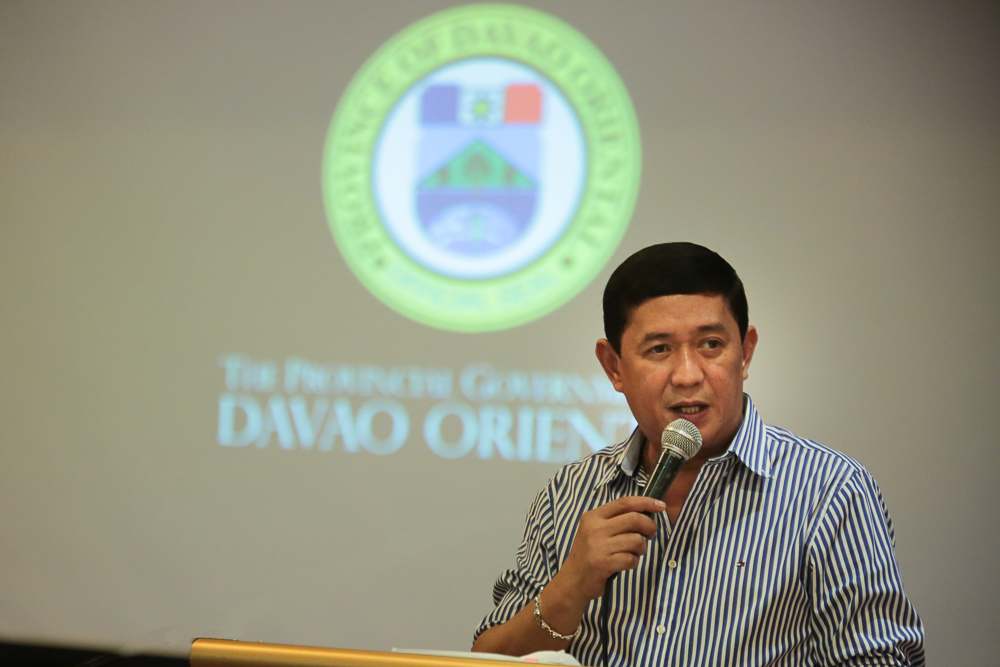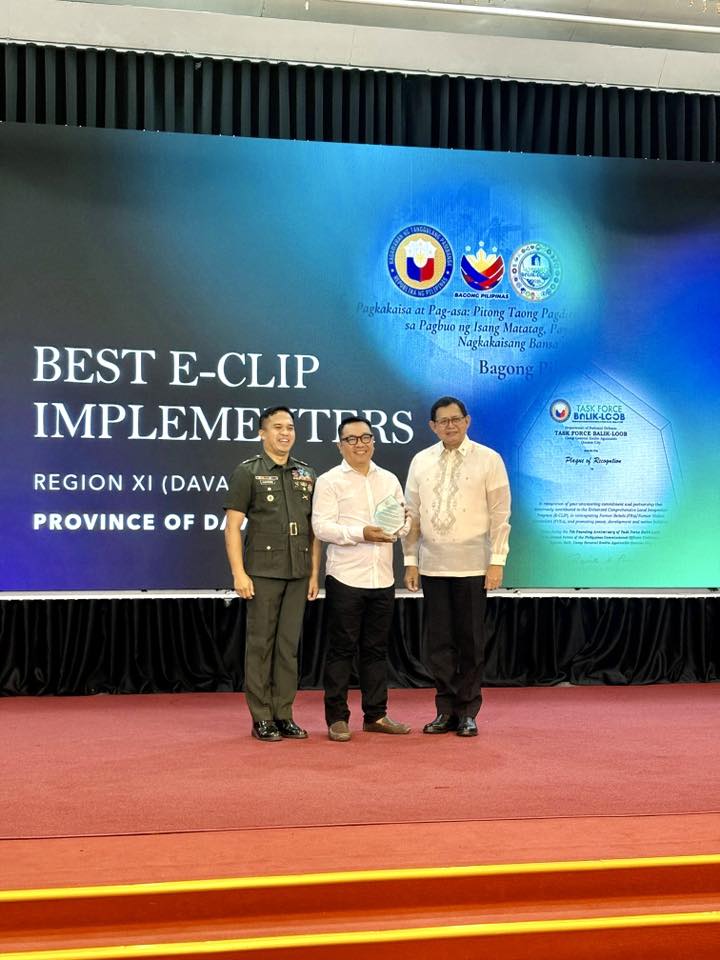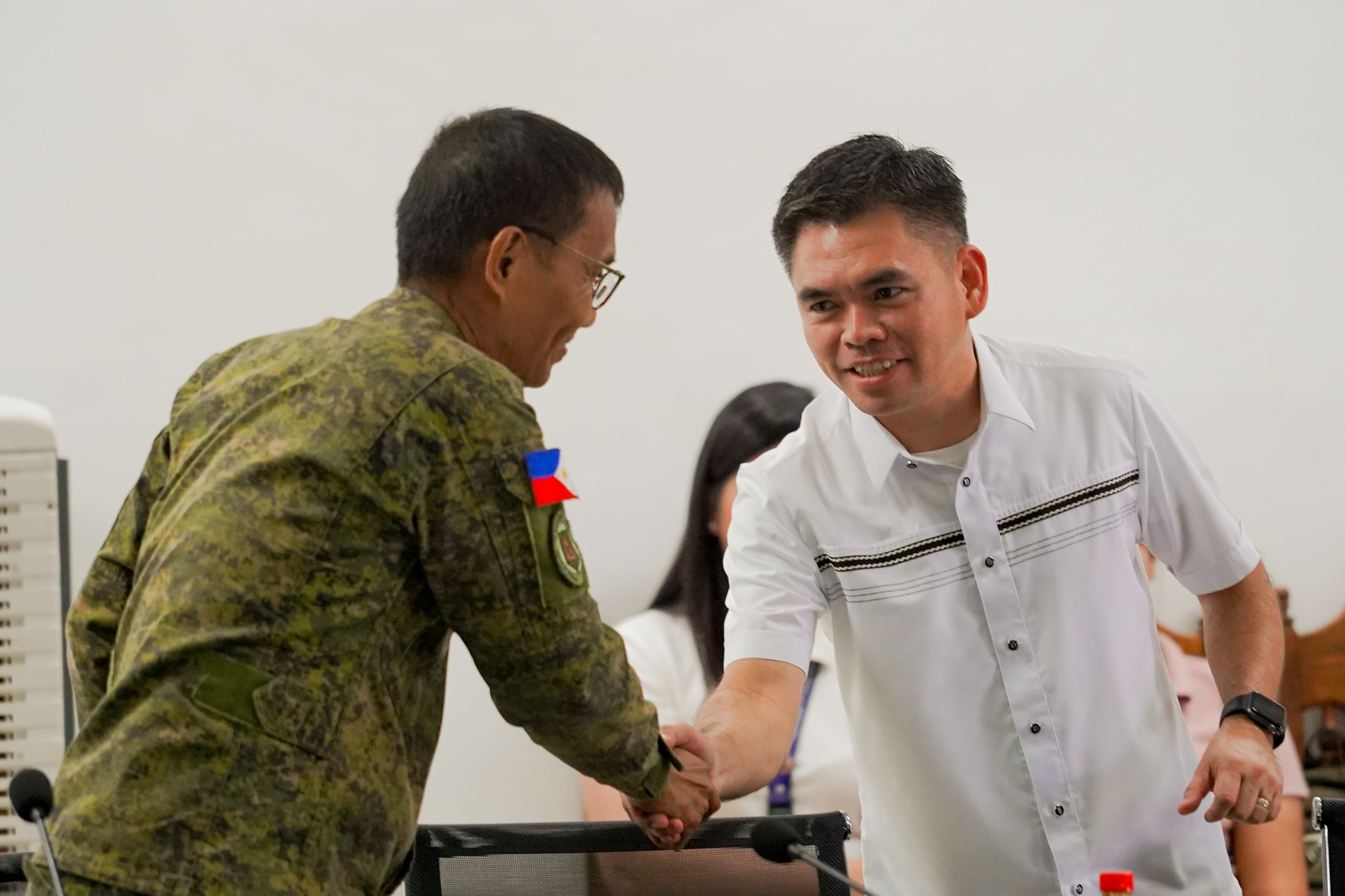DAVAO ORIENTAL – Davao Oriental Governor Nelson Dayanghirang stands in solidarity with his fellow local chief executives in the Davao Region in their strong opposition against the government’s impending reopening of the peace negotiations with the National Democratic Front, the political wing of the Communist Party of the Philippines and the New People’s Army.
Governor Dayanghirang, who chairs the Regional Peace and Order Council (PPOC) and a member of Regional Development Council (RDC), said in a statement released on Monday that he stands with his fellow members of both councils to support the position of Davao City Mayor Sara Duterte-Carpio, who “on December 23 last year, publicly asked the President to reconsider the decision to reopen negotiations with the NDFP, given previous violent attacks by the groups against innocent civilians and the absence of indications that the CPP-NPA is willing to negotiate for a peaceful resolution of the conflict.”
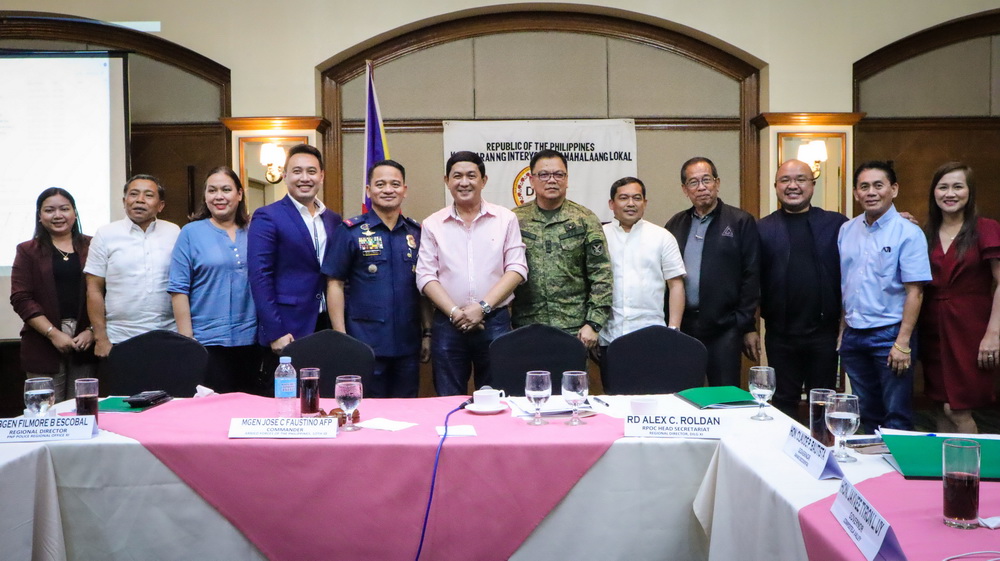
Governor Dayanghirang echoed the two councils’ sentiments that are stated in the “proposed” joint RPOC and RDC resolution which he signed together with other local chief executives and government agency officials in the region during their recent convergence meeting held on January 2. The contents of which emphasized that the peace negotiations have long been utilized by the CPP-NPA-NDF to recruit, reorganize, and re-arm in order to regain advantage while peace negotiations are ongoing.
The joint resolution cited the President’s Proclamation No. 374 s. 2017 under Republic Act 10166 declaring the CPP-NPA as a terrorist organization following its violent attacks involving innocent civilians that occurred while peace negotiations are ongoing. Under the same grounds, the European Union and the United States of America also designated the organization as a terrorist group.
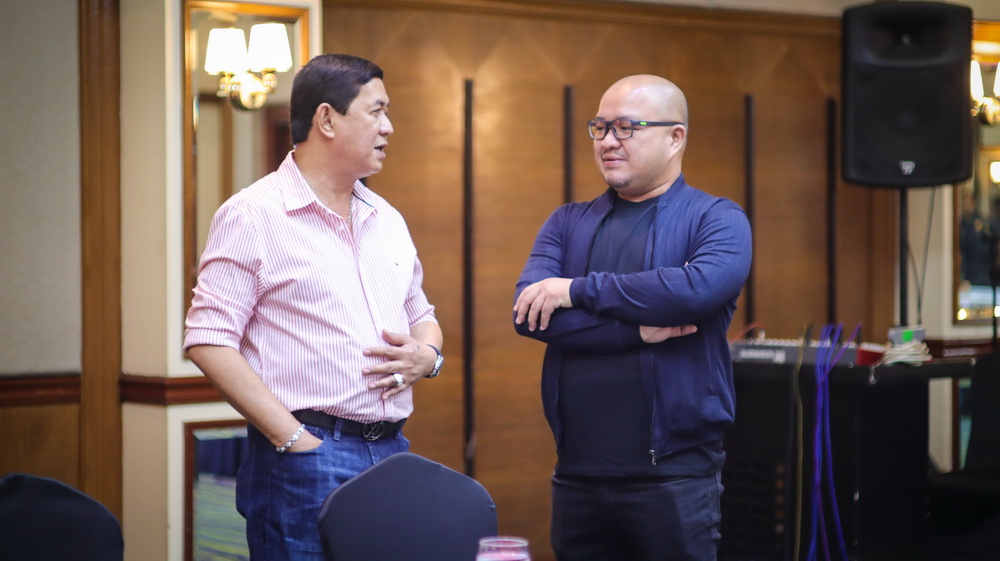
“I personally believe that the peace negotiations with the Communist party already tagged as a terrorist organization would not be a favorable move for our government as they will only use this window as a means to strengthen their forces and gain their foothold amid the impending lifting of the ceasefire agreement,” reads an excerpt of the Governor’s statement, adding that the 30 years of national peace negotiations has not resulted to a peace settlement but, rather, this will only be exploited amidst the lifting of the ceasefire agreement between the government and the Communist group.
However, instead of the resumption of the peace negotiations, both councils are calling for localized peace engagements to be done at the local level with the local government units to take the lead in the localized peace talks.
Officials say they deem this approach more feasible to peacefully counter the violent long-running Communist insurgency already spanning for fifty years amidst the groundbreaking Executive Order 70 issued by President Duterte institutionalizing the whole of nation approach in attaining inclusive and sustainable peace, creating a national task force to end the local communist armed conflict.
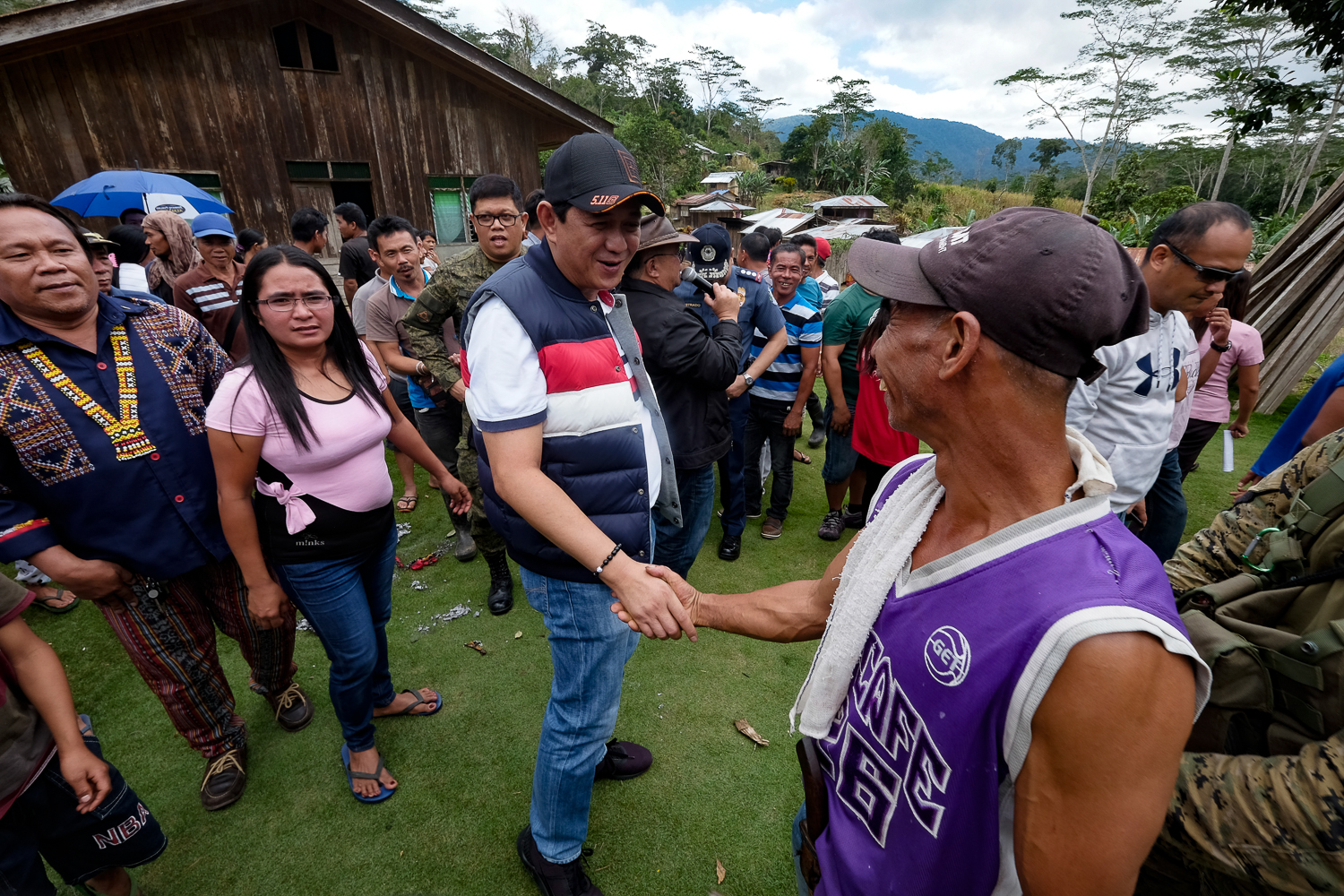
Immersing down to the grassroots, the Executive Order 70, since its implementation in 2018, has enabled the government to do multi-sectoral and participatory localized peace engagements in the communities, thus, providing for a better and effective peace framework as it seeks to address major issues and concerns of the people which constitutes the mass bases of the NPA.
Moreover, the said national directive, along with other programs and initiatives have resulted into declining mass base support, massive surrender of NPA rebels, zero recruitment in most areas, and reduced number of violent incidents and NPA attacks.
“During the past year, Davao Region has already made a lot of progress as far as initiatives on peace and order is concerned. As such, we could not afford our momentum to be halted and have all our efforts go down the drain,” said Governor Dayanghirang.
“These gains must be sustained in order to successfully end this communist armed conflict,” the joint RPOC and RDC Resolution also stated.
However, both councils have expressed full support to the government’s strong resolve to attain sustainable peace in the country.
“Nevertheless, we strongly believe on the President’s genuine intention to end the long-running Communist insurgency and we remain committed in our oath to continue to push for initiatives, reforms, and programs that will benefit our Dabawenyo constituents and to foster true and lasting peace in this part of our country,” added Governor Dayanghirang. By Karen Lou Deloso

